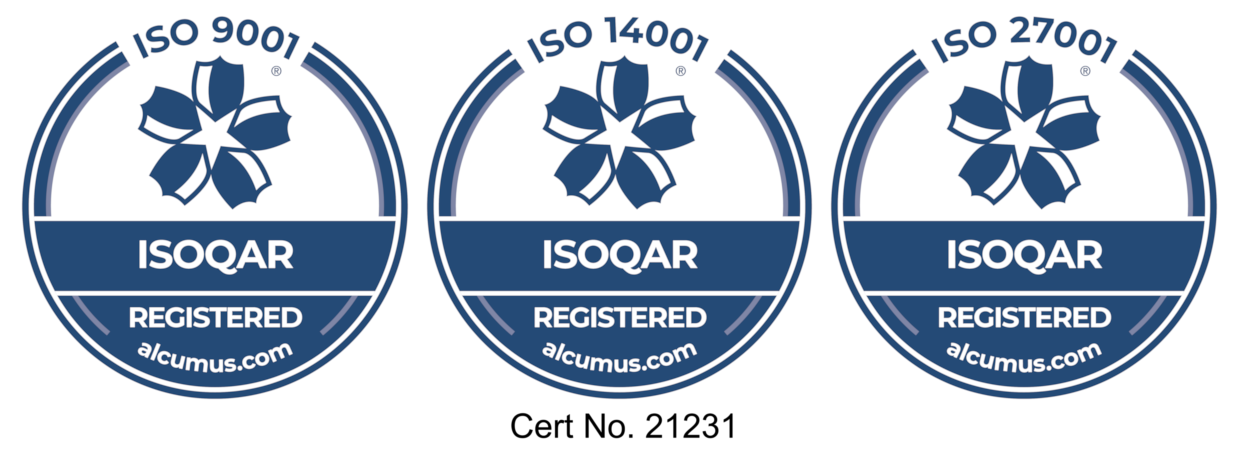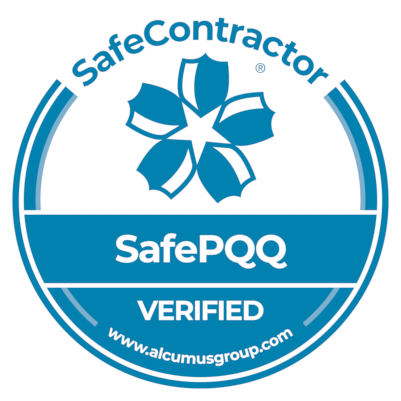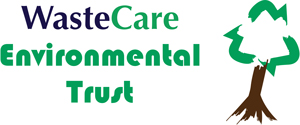Some electrical reprocessors have warned that a new evidence note trading system for waste electrical and electronic equipment (WEEE) will significantly add to their administrative costs.
The changes involve the transferring of evidence between compliance schemes via operators of Approved Authorised Treatment Facilities (AATFs) and came into force on January 1 2014.
The operators of the AATFs typically receive WEEE from civic amenity sites on behalf of compliance schemes and often shred the electrical items which cannot be repaired for recovery and recycling of the components.
Under the old regulations, AATFs were required to fill out one evidence note for every tonne of WEEE processed, which would be issued to the compliance scheme that had supplied the WEEE. Schemes collecting a surplus of WEEE compared to the amount they were required to collect could trade any surplus evidence notes to schemes that had not collected enough. Direct trading between schemes has been outlawed under the new regulations by BIS partly because it believes that the new system will reduce costs.
Guidance on the new regulations, which was published late in 2013 states that AATFs are now responsible for ensuring that evidence notes are issued only to the producer compliance scheme that will count the evidence towards its target.
According to some AATF operators this could lead to additional administrative costs, as they will be required to change existing IT recording systems and complicate the issuing of evidence notes. They also claim it could also lead to a delay in the reporting of quarterly recycling data as reprocessors will not be aware of the ultimate owner of the evidence when it has been generated.
BIS is expected to provide further details on its decision on the issue in the coming weeks.





